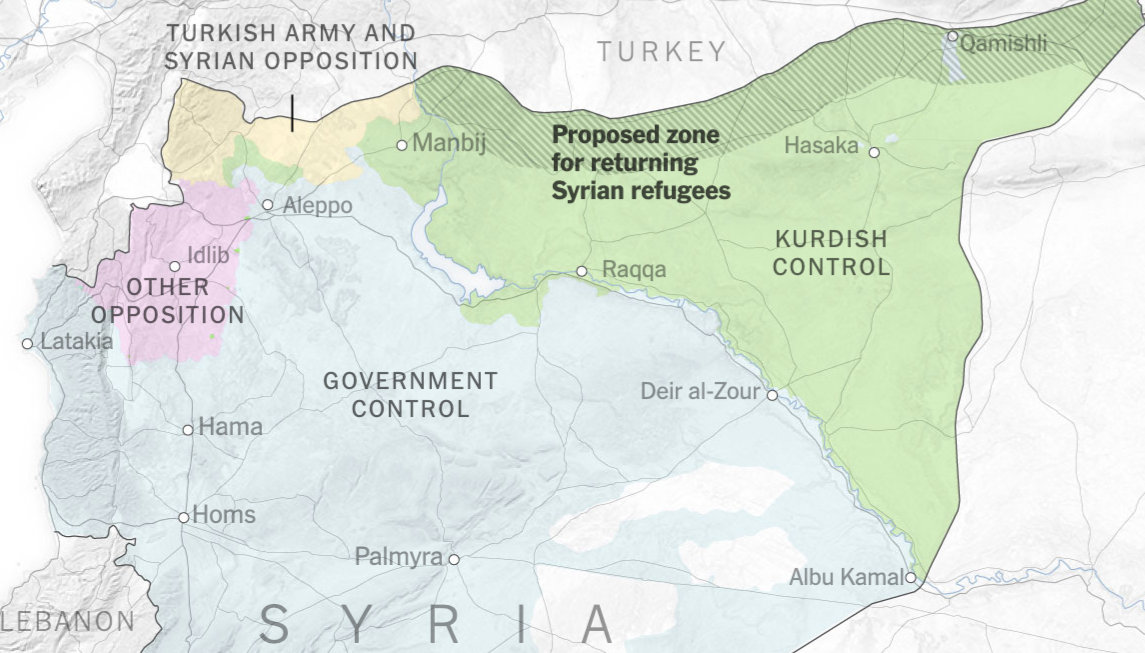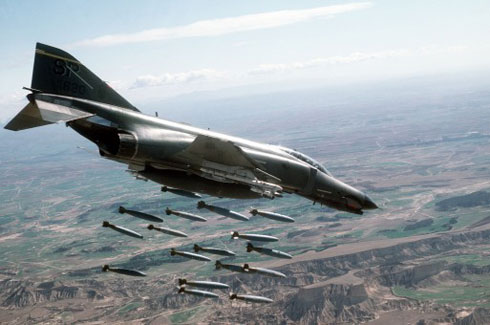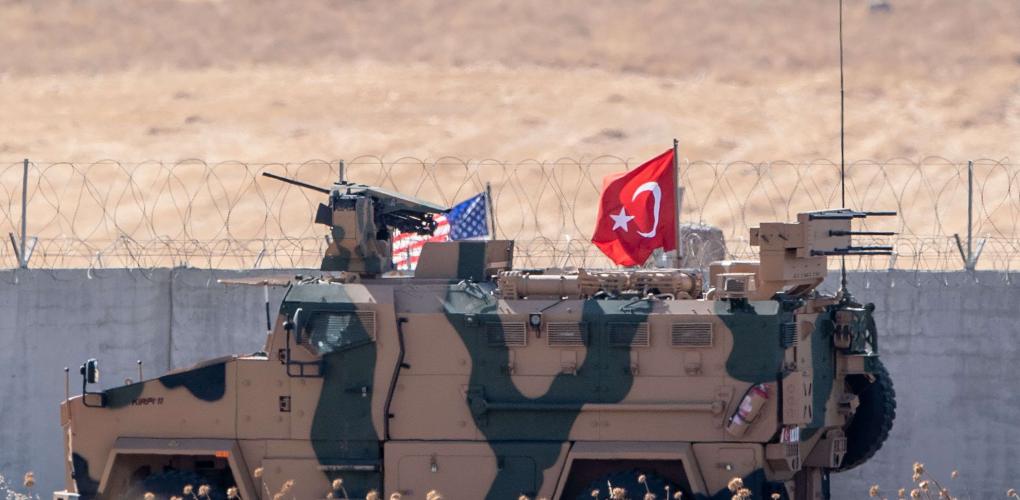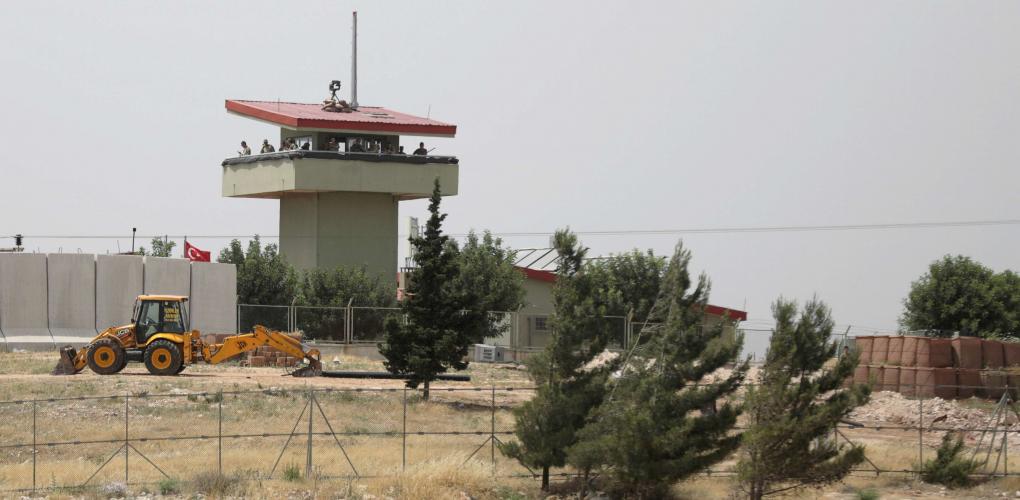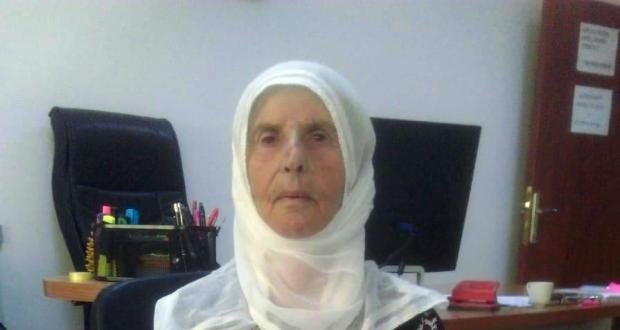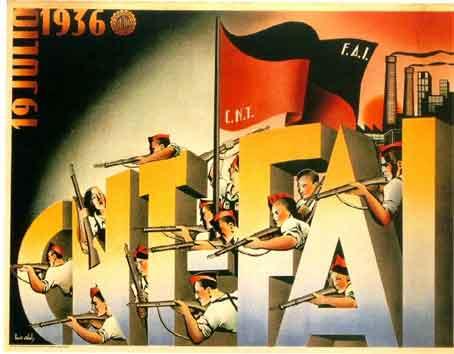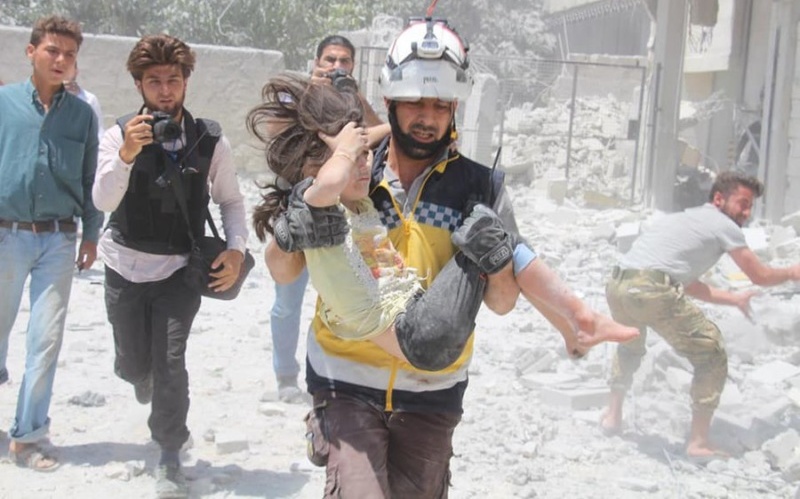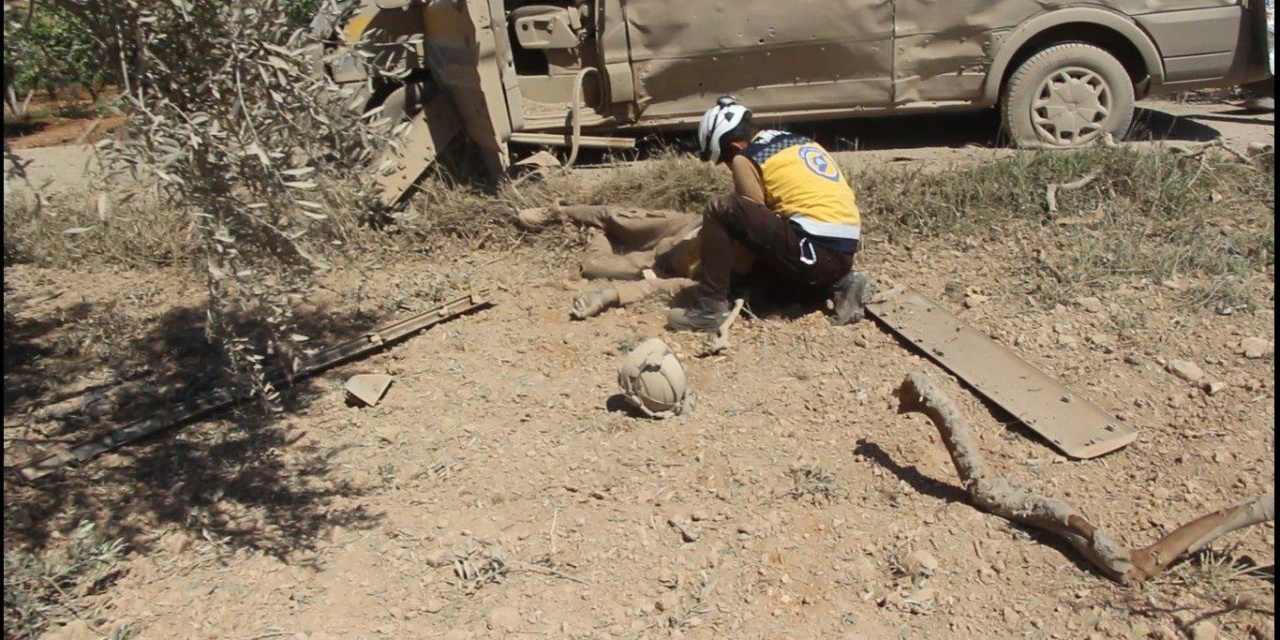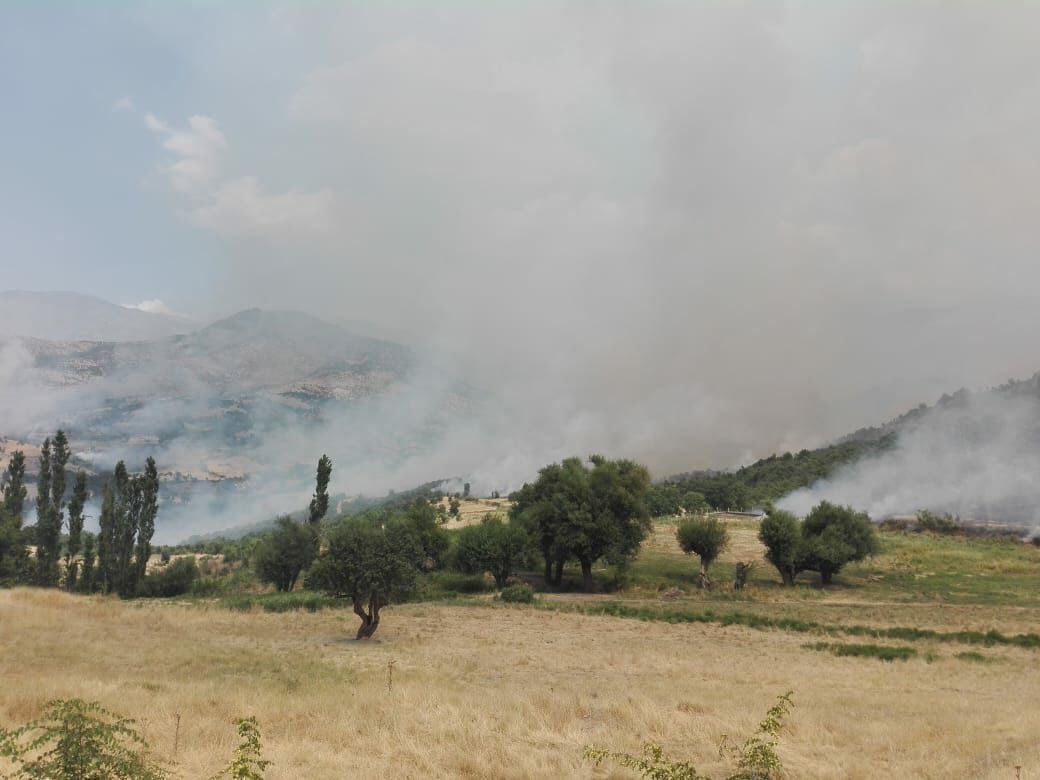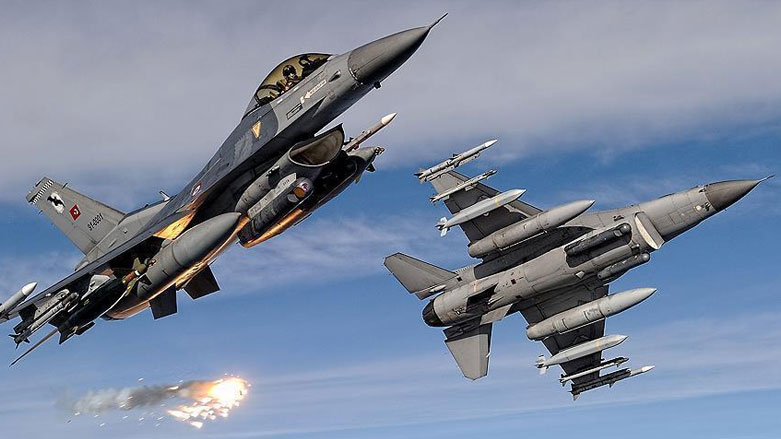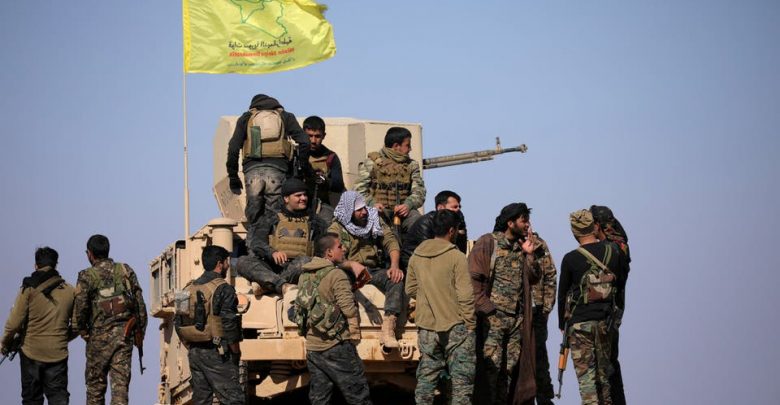
Syrian Kurds forge military pact with Assad regime
In a deal brokered by Russia, the leadership of the Rojava Kurds have agreed to cooperate with the Assad regime in resisting the Turkish incursion into northeast Syria. With Assadist forces already mobilizing to the region from the south and Turkish-backed forces advancing from the north, the Kurds have been left with little other choice. Accepting a separate peace with Assad is now their only hope to avoid outright extermination, or, at the very least, being cleansed entirely from their territory. But the sticking point in previous peace feelers between the Kurds and Assad has been the latter’s refusal to recognize the Rojava autonomous zone*—so its survival now is gravely in doubt, even in the improbable event that the Turkish advance is repulsed. Worse still, with the Kurds now open allies of the brutal regime that Syria’s Arab opposition has been fighting for nearly eight years, a general Arab-Kurdish ethnic war in northern Syria appears terrifyingly imminent. (Photo: SOHR)



